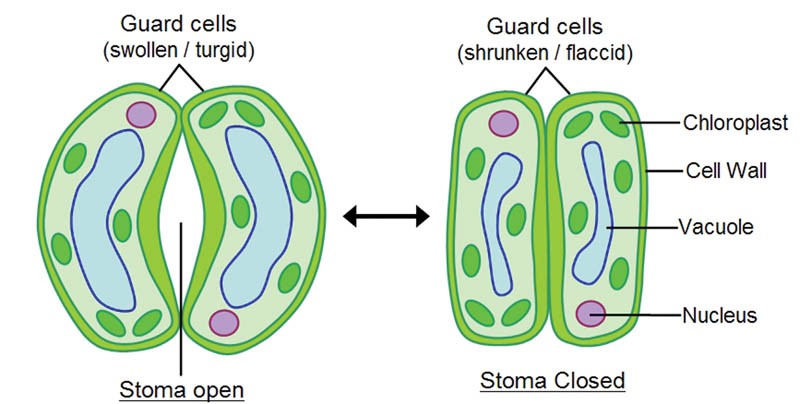Ostomates come out of the woods
Nnasaretha Kgamanyane | Tuesday April 28, 2015 14:50


A stoma (or ostomy) is a surgically created opening on the abdomen, which allows stool or urine to exit the body.
This is done to allow waste products (faecal matter and urine) to be excreted through this opening. The waste is then collected into a bag.
Colostomies, or the operation to create the stoma, may become necessary due to infection of the abdomen, injury to the colon, partial or complete blockage of the large bowel and rectal or colon cancer. Speaking at the launch of the country’s first Stoma Clinic, Tebogo Kuhlmann, an ostomate, recalled how she woke up from an operation in 2013 to realise that a bag was attached to her stomach.
She remembered feeling scared and wondering why the bag was attached to her stomach as she had never known or heard of stoma before.
“I am thankful to the doctors and nurses for their dedication to helping me as they patiently taught me about stoma and how I had to start living a positive life with it. They helped me accept myself and appreciate life.
“Whenever I change my bag, I appreciate life even more,” she said. Kuhlmann said she felt blessed to have a supportive family by her side. She said her daughters; mother and siblings have been her pillar throughout the good and bad days.
She added that had she not undergone a stoma operation, her life could have ended.
“I live a normal life. I appreciate life more and I even work harder than I used to. I thank Marina doctors and nurses for being supportive and above all I thank whoever made this clinic as we will have doctors who know what they are doing when we come for check ups or need medical attention,” she said. She told the gathering that having a stoma was not a curse, explaining that God had a reason for choosing her and her fellow ostomates.
“Fellow ostomates, let’s appreciate life and take advantage of each day we are alive,” she said.
Seabelo Malongwa, for his part, had a colostomy after a car accident in 2007. In 2008, he developed complications and sores that did not heal and his doctors encouraged him to have stoma so the wounds could heal. “I agreed with my doctors as I could see that my wounds were not healing and I was suffering,” he said.
“After the surgery the wounds healed and I learnt to live with stoma. I accepted my situation. “After stoma, life became simple. I did a lot of research on stoma and even downloaded videos from other stoma patients and they motivated me.”
Mafoko Matenge, a Maths teacher at a secondary school in Gaborone, also had a stoma after a car accident in 2001. He said before he had the operation, he used adult nappies for his requirements, but the situation caused inconveniences for him as nature sometimes called when he was still with his students in the classroom.He consulted his doctors about the matter and they encouraged him to have the operation.
“At first I was hesitant as I was scared for my life, but my wife was supportive and encouraged me to do the operation. In 2004 I had the operation and I was happy with the outcome. Stoma is easy to use and I no longer experience funny smells when in class,” he said.
He further pointed out that the new clinic would help him as many doctors and pharmacists were not aware of stoma. Matenge said it was difficult to get the right size of stoma bags at the pharmacy while at times pharmacists were clueless on what patients wanted.
The new stoma clinic will have a medical team consisting of a dietician, surgeon, pharmacist, doctors and nurses all trained for the condition.
